African Youth Reach New Heights in Science
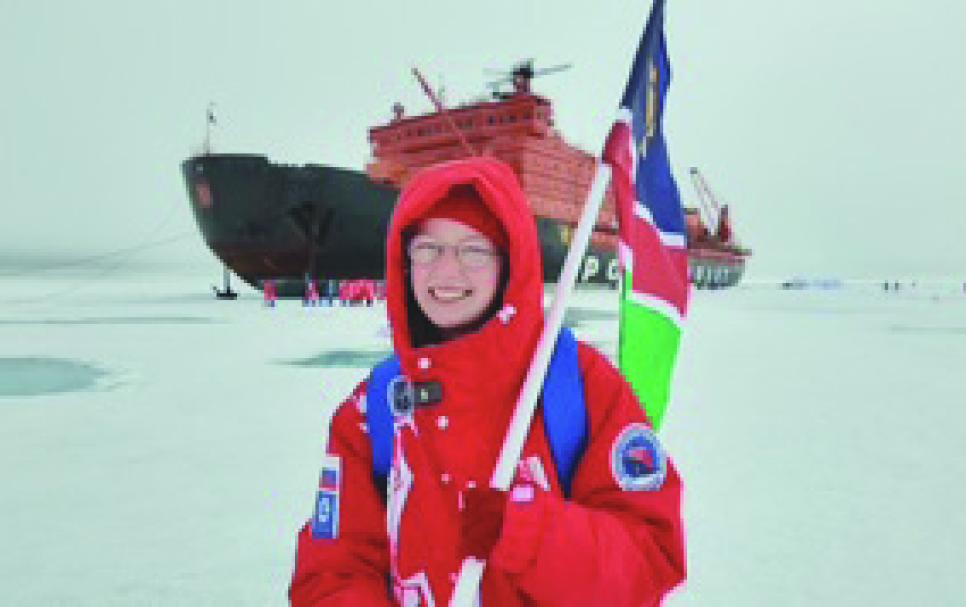
By Hilja Shikongo
African youth took center stage on the global science stage, with two major initiatives opening doors to discovery, innovation, and cultural exchange. Young people from across the continent including Namibia, South Africa, Egypt, Kenya, the Democratic Republic of the Congo, and Burundi, joined peers from around the world in unique journeys that combined science with adventure.
For some, the opportunity meant standing at the very top of the world. Sixty-six school students from 21 countries participated in the sixth Icebreaker of Knowledge International Arctic Expedition, traveling aboard the nuclear-powered icebreaker 50 Let Pobedy.
The ten day expedition took them from Murmansk to the geographic North Pole, where they attended lectures from leading nuclear and space scientists, carried out northern-latitude experiments, and even witnessed tests of rover models designed for future space missions.
The journey to the Pole, completed on 17 August 2025, left a deep impression. Captain Ruslan Sasov of 50 Let Pobedy explained the value of the project: “This is the second year in a row that the Arctic has been discovered not only by Russian children, but also by school students from around the world.
You should see the emotions of children to understand the value of the Icebreaker of Knowledge,” he said. For many African students, seeing polar bears and standing at the North Pole was not just about science, but about realizing how far youth can go when given the chance.
Meanwhile, other young Africans were making discoveries further south in Russia. Winners of the Atoms Empowering Africa 2025 video competition an annual contest launched in 2015 to inspire African youth about nuclear science embarked on a five-day educational trip. Their program took them to Obninsk, the birthplace of nuclear power, where they visited Rosatom’s Technical Academy and the historic Obninsk Nuclear Power Plant, the world’s first station to supply nuclear-generated electricity to the grid.
The trip continued in Moscow, with visits to the “Atom” Pavilion at VDNH, an exhibition space showcasing both the history and future of nuclear science. There, participants also learned about upcoming celebrations for the 80th anniversary of Russia’s nuclear industry, including the World Atomic Week international forum. Alongside the educational program, the young Africans explored Russian culture with tours of Red Square, the Kremlin, and other landmarks, gaining insight into the country’s traditions.
For participants, the journeys were more than just educational they were life changing. Henckert Kenzia from Namibia, a winner of the Atoms Empowering Africa competition, described how meaningful the experience was for her: “I’m very grateful for this incredible opportunity to visit Russia under Rosatom competition and learn about nuclear science, its history, and its peaceful applications.
I would like to say Happy 80th anniversary for Russian Nuclear industry once again, continue to do more and be global leader in nuclear industry. I’m especially grateful to the entire Rosatom team for your kindness, hospitality, and support throughout the program. The experience was not only educational but also very inspiring. Everything we have learned, we will take back with us and use to contribute to the success of our own countries.”
Egyptian participant Mahmoud Said Morsi, Head of the Radiological Emergencies Department at the Egyptian Atomic Energy Authority, echoed the importance of the expedition to the Pole: “I am proud to be one of the few Egyptians to have reached the North Pole. It is a huge opportunity to see the operations of a nuclear icebreaker. With Russia’s help, we are building four power units at El Dabaa NPP, which will be the future of our energy sector.”
Organizers highlighted how these programs are meant to inspire youth globally, with a particular focus on Africa. Ryan Collyer, CEO of Rosatom Central and Southern Africa, explained: “The Atoms Empowering Africa competition remains an important platform that inspires African youth to engage with science and innovation. Celebrating the 80th anniversary of Russia’s nuclear industry together with our winners reaffirms our shared vision of progress and sustainable development. We are proud to support young leaders who will shape Africa’s energy future.”
Together, the two initiatives, the Icebreaker of Knowledge expedition and the Atoms Empowering Africa competition underline how science is not just about technology, but also about unity, exchange, and empowerment.
Since its creation, the Icebreaker of Knowledge has given more than 400 students worldwide the chance to take part in Arctic expeditions, while Atoms Empowering Africa has encouraged young Africans to engage with nuclear energy as a safe and promising solution for the continent’s energy needs.
For Namibian youth, and African students more broadly, the message is clear: science opens doors not only to new discoveries, but also to friendships and opportunities that cross borders. Whether standing at the frozen North Pole or walking through the halls of the world’s first nuclear power plant, these young people are proof that the future of science and innovation lies in the hands of the next generation.
- 254 views


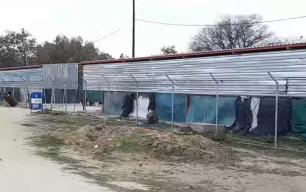
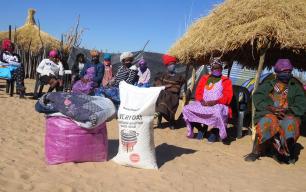
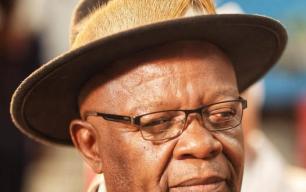
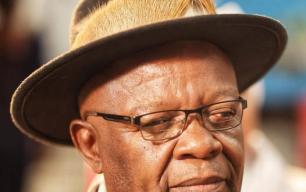
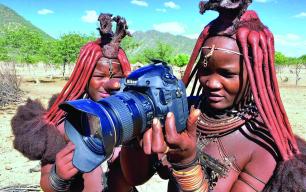



Comments